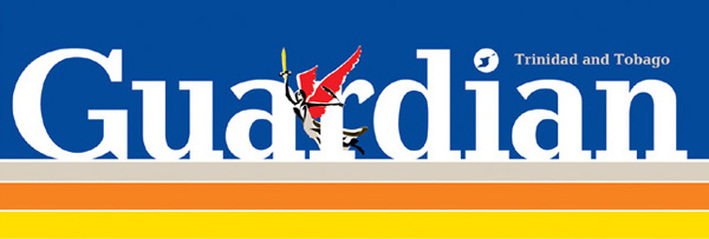Wouldn’t it be great to change the difficulty-setting on our everyday lives? That what is hard to achieve, like getting a fantastic job, or getting into a good school, or finding the money to buy what you really want, or using the priority bus route to speed your journey, or always being respected, or always having the police believe you, or having good health, were easy to attain.
One drawback to this increased ability for success might be to forget we set the difficulty-level to “easy”. We’d then believe the reason we’re doing so well playing the game of life, overcoming obstacles others cannot, is pure and simply down to our amazing natural gifts and brilliance.
From such success it is a simple leap to the cultural myth that we all live in a world of equal opportunities. A meritocracy. And inequalities are the natural result of what people make of those equal “opportunities”. We would then see the social and economic hierarchies around us as simply the outcome of this perceived world of fairness. Finally, we might disassociate other people’s failure to succeed at the game of life we play so well, from any wider structural constraints.
Now the difficulty-setting on a computer game isn’t identical to privilege, but it is a good metaphor to try and explain how privilege works. Privilege is the unearned advantage some groups are born with. It is the sociological fact that certain groups have structural advantages over other groups. For example, in simplistic terms in each of the following binaries one group has historical advantage, and hence privilege, over the other group: Think race—light-skin over dark-skin. Or gender—man over woman. Or sexuality—heterosexuality over homosexuality. Or health—the able-bodied over persons with a disability. Or who is less likely to go to jail—the rich over the poor.
Obviously, as we are all members of multiple groups, privilege is more complicated than binaries. For example, in a country like ours the way various parts of our identity be it race, ethnicity, class, religion, gender, geographic location, family history, health, and more, intersect to give some persons advantage over others operates on multiple levels.
Someone might have privilege in one or two aspects of their life but not in others. While others might have privilege in all areas of their life. Or someone might have no privileges at all. Put crudely a dark-skin, middle-class, woman and a light-skin, middle-class, women both suffer some structural oppression but on the whole due to history and a culture of shadism in T&T the light-skin woman still has more privilege than the dark-skin woman. Yet in many situations both women, to varying deeress, have more privilege than a poor black man.
The computer game metaphor demonstrates that due to the unearned nature of privilege, those with it often do not see the opportunities they gain from being members of a dominant group. This blind spot produces cultures of us and them. Now to call out privilege and people with it isn’t an attack on any one group. No one gets a choice in the parents or groups they are born to. And all parents want the best they can provide for their kids; including endowing them with as much privilege as possible.
Of course for those we love we all want to set life’s difficulty-level to easy. But not everyone has the parents to do that because not everyone is equally the child of history’s variously triumphant groups. The suggestion here isn’t to round up all the people with privilege and reset the difficulty-levels of their lives to hard. You can’t simply give privilege back. Rather the suggestion is to recognise one’s privilege and not ignore it. In recognising our own privilege(s) we hopefully become more inclined to build a society that supports and helps others that haven’t been as fortunate as ourselves in the lottery that is life.
So next time we marvel at how great we’re playing the game of life it’s worth checking our own privilege(s) and asking: what difficulty-setting am I playing on?
http://guardian.co.tt/columnist/2012-09-17/lottery-life

 RSS Feed
RSS Feed